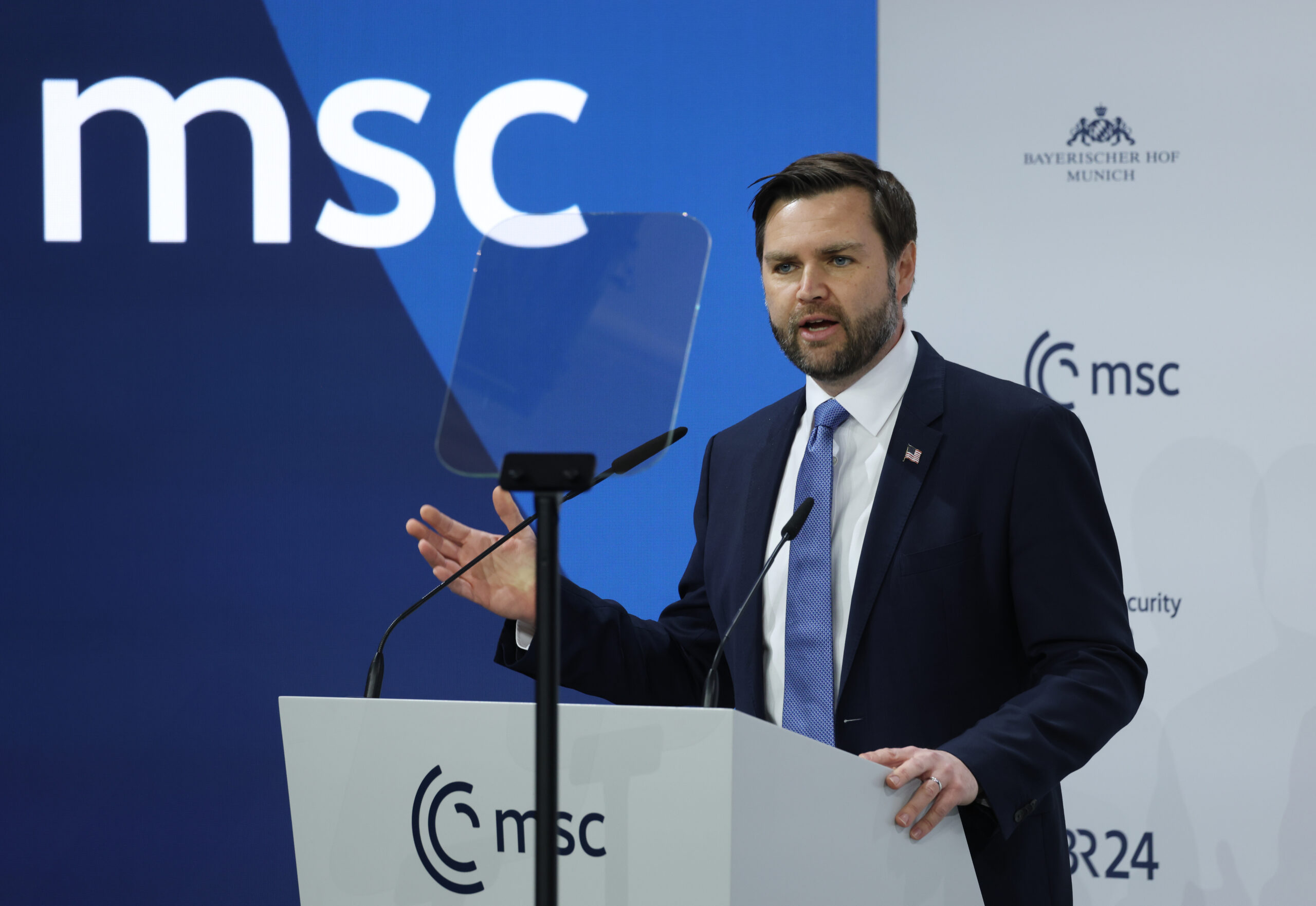
"President Lyndon B. Johnson, the most vulgar-second-most vulgar?-occupant of the White House, used to boast that he kept Vice President Hubert Humphrey's "pecker in my pocket." The Hump was a Cold War liberal who nevertheless expressed reservations about the U.S. role in Vietnam in a memo to Johnson in 1965. He didn't make that mistake again. HHH would spend the next three years disgorging bilge about the need for Americans to display the "patience to work and bleed and die 5,000 miles from home." Chasing Richard Nixon in the fall of 1968, Humphrey haltingly reestablished a measure of independence, but it was too late to save his campaign."
"But perhaps I am jumping the gun. If Vance really is made of the Appalachian grit he assayed in Hillbilly Elegy, he will break, much sooner than Humphrey did, with his unstable boss. (I'm talking principled defiance, not resignation. In Woodrow Wilson's unwontedly humorous asseveration, "There is very little to be said about the Vice President. . . . His importance consists in the fact that he may cease to be Vice President." Which is the case against quitting.)"
President Lyndon B. Johnson famously boasted of keeping Vice President Hubert Humphrey's "pecker in my pocket," illustrating vice-presidential subordination. Humphrey privately questioned the U.S. role in Vietnam in 1965 but then spent years urging Americans to "work and bleed and die 5,000 miles from home," ultimately losing independence and his 1968 campaign. Vice President J.D. Vance previously voted with a small, war-skeptical Senate bloc but publicly defended an Iran bombing he likely opposed in private. Vance's Appalachian background, intellect, and attachment to place may prompt earlier principled defiance, yet ambition, power, and the vice-presidential job constrain loyalty and integrity.
Read at The American Conservative
Unable to calculate read time
Collection
[
|
...
]